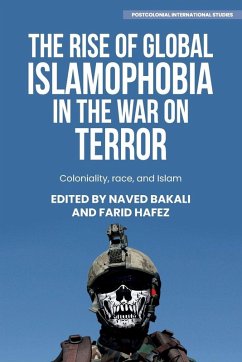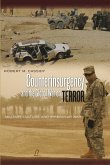The so-called 'War on Terror' ushered in a new era of anti-Muslim bias and racism. Anti-Muslim racism, or Islamophobia, is influenced by local economies, power structures, and histories. However, the War on Terror, a conflict undefined by time and place, with a homogenised Muslim 'other' as the enemy, has contributed to a global Islamophobic narrative. This edited volume examines manifestations of Islamophobia across multiple international settings, from Europe and North America to India, China and Myanmar. Contributors investigate the localised histories, conflicts, and contemporary geopolitical realities that have influenced and textured the ways that Islamophobia has manifested. This ranges from limited instances of racial violence and hate crimes to more pronounced, co-dependent relations between interpersonal and institutional racism that have culminated in genocide. Critically engaging with the complex evolution of Islamophobia throughout the War on Terror, the book provides up-to-date accounts and analysis of Islamophobia across the global North and South and analyses its impact on the political landscape of different countries. It also explores resistance and the need for activism that confronts interpersonal and institutional racism, with the aim of constructing a more coherent narrative to challenge Islamophobia.








